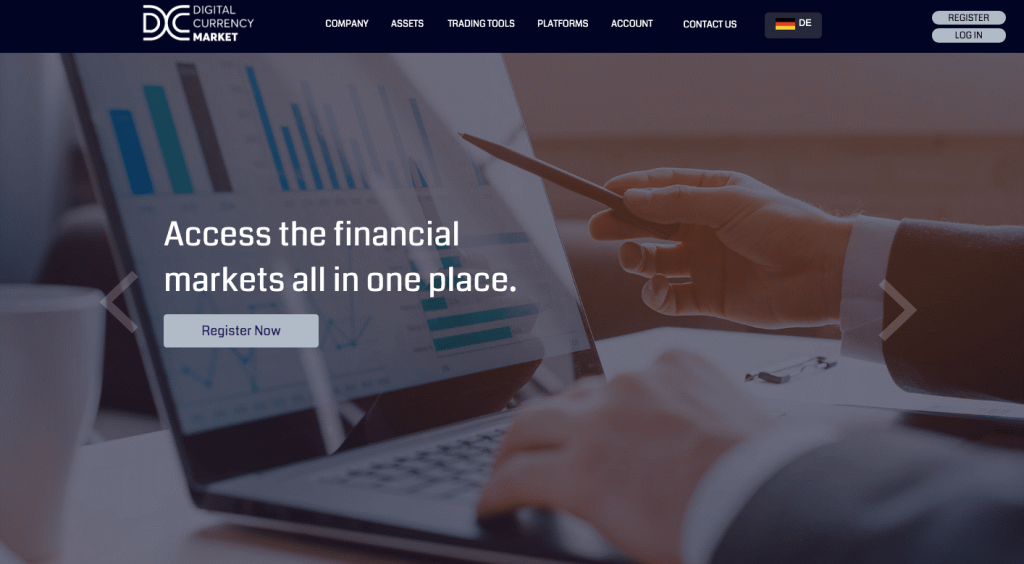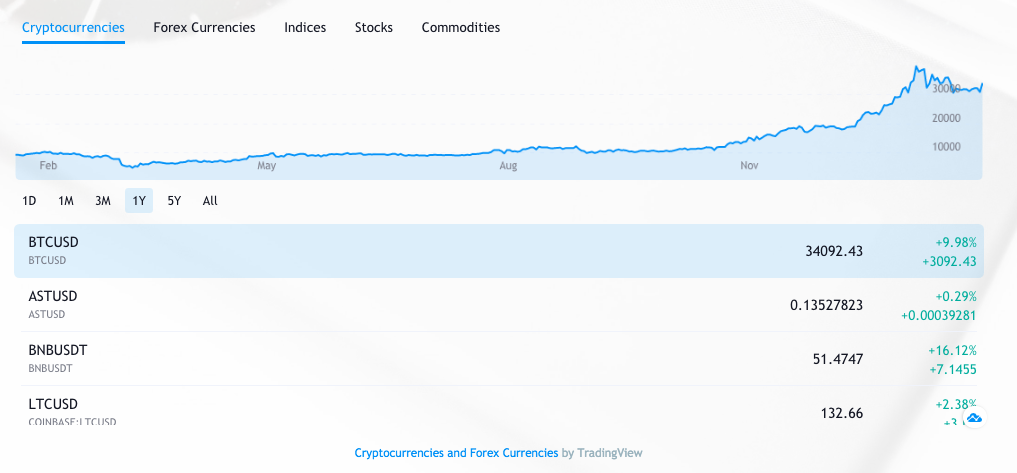Visa and MasterCard use different terms as “data level” and “data rate,” both refer to the quantity of useful data a business provides at the time of transaction.
The level your business uses at which a customer’s card is processed is related to how much information you can collect about a customer when he purchases from you. The default is that companies use Level 1 processing, which means that you will get the card number, billing address, card expiration, and zip code in every transaction. Businesses need to collect more information in order to process at Level 2 or Level 3. These levels of processing are only available to the government or B2B businesses.
You could access equity with favourable interest rates and no monthly repayments if you own your property and you’re over 55. With equity release interest rates lower than ever and plans becoming more and more flexible, your financial adviser will very possibly suggest equity release over credit card debt.
Which Cards Provide Level 2 Or Level 3
MasterCard, Visa, and American Express have programs that process at Level 2 enhanced data, while only MasterCard and Visa offer Level 3. While using American Express, you need first to contact them for approval for Level 2 transactions. On Visa and MasterCard cards, Level 2 and Level 3 data are available through interchange without notifying the card brands.
Discover credit cards do not offer any enhanced data processing for Level 2 and Level 3, which means it processes the transaction on level 1 only. Processing the card requires an interchange cost on every transaction that you have to pay, but there is a way to lower it down, the greater the data level of a transaction, the lower the fee. These programs are beneficial for companies and businesses that get most of their payments with MasterCard and Visa cards.
Effects of Level 2 and Level 3 on Interchange fees:
Interchange constitutes the largest part of the transaction processing cost. It is the cost that card issuing bank charges to process a transaction. On Level 1, businesses provide limited information. Thus more interchange fee is charged. However, as you progress on the data level 2 or level 3, the interchange fee lowers. The reason is that the bank does not have to put much effort into gathering the information. It aids the transaction, which helps in reducing the cost. If you use an accurate pass-through pricing method, it will lower the cost of the interchange fees.
Interchange fees are determined by using a set of rules, i.e., interchange qualification. It has categories that represent specific requirements for the classification of the transaction. The system checks the eligibility of the transaction for each particular category. If it matches the minimum requirements of specific criteria, it is classified into it. Now, the system determines the best pricing for the transaction. This criterion depends on the type of card, how it is used, type of transaction, transaction size, card brand, and much more.
Type of transaction, i.e., card-present transaction and card not present transaction, plays a vital role in determining the cost of the interchange fees. Card present transactions are more cost-effective in contrast to card not present in.
Downgrade and Enhanced Level:
If your transaction meets the criteria for level 2 credit card processing, then BINGO! You can enjoy a lower transaction fee. If it doesn’t qualify for level 2 or level 3, it will charge the default transaction fee, i.e., level 1 interchange fee. Suppose if your transaction doesn’t meet the requirements for level 3, it will revert to level 2 or level 1. This is called a downgrade. However, level 2 and level 3 are called enhanced levels.
Level 2 Credit Card Processing Requirements:
For level 2 credit card processing, the transaction should be taxable. The tax rate should’ve between 0.1% and 30%. The requirements are as follows:
- Information required in Level 1, including card number, billing address, card expiration, and zip code.
- Specific requirements for MasterCard include:
- Customer code (purchasing cards)
- Tax amount
- Card acceptor tax ID
- Tax indicator
- For Visa card, the required details include:
- Tax amount
Level 3 Credit Card Processing Requirements:
Level 3 processing requires more payment details than level 2. Level 3 requirements comprise of the following:
- Payment details for Level 1 and Level 2, besides that it includes:
- For Visa card:
- Discount Fee
- Shipping Fee
- Duty amount
- Item Sequence Number
- Item commodity code
- Item product code
- Item quantity
- Unit of measure
- Unit cost
- Discount per line item
- Line-item total
- MasterCard Level 3 data requirements:
- Product code
- Product description
- Extended item amount
- Debit or credit indicator
Comparison in Interchange Fee Rates:
We have been telling you that you can enjoy lower transaction rates or interchange fees if you opt for level 2 or 3 credit card processing. As you know that the concept of Level 2 and 3 credit card processing applies to commercial credit cards. Let’s take a look at some examples to estimate the savings:
Note: The percentage will vary for each category (controllable variable). However, there is a fixed amount listed beside the percentage, which remains the same for every transaction.
Commercial level 3 will cost you around 1.90% + $0.10 if you qualify for level 3. If not, you will downgrade to level 2, about 2.50% + $0.10. Level 1 transaction fee will be around 2.95% + $0.10. It is evident that as you progress on the levels, the cost lessens.
As we discussed earlier, card-present transactions are less expensive than card not present transactions. CP transaction will cost up to 2.50% + $0.10. Whereas, CNP transaction will be somewhere around 2.70% + $0.10.
Benefits of Level 2 and Level 3 Transactions:
You have to pay a lesser transaction fee if you progress towards Level 2 and Level 3 credit card processing. This may seem small, but this could make a huge difference if the transaction size is large (for a business that accepts cards). If your company uses the cards, level 2 or 3 can provide many details that help in active management. Level 2 and Level 3 credit card processing is more secure than level 1 transactions because there’s no chance for fraud or cybercrime.
















 Bitcoin
Bitcoin  Ethereum
Ethereum  Tether
Tether  XRP
XRP  Solana
Solana  USDC
USDC  Cardano
Cardano  TRON
TRON  Lido Staked Ether
Lido Staked Ether  Avalanche
Avalanche  Toncoin
Toncoin